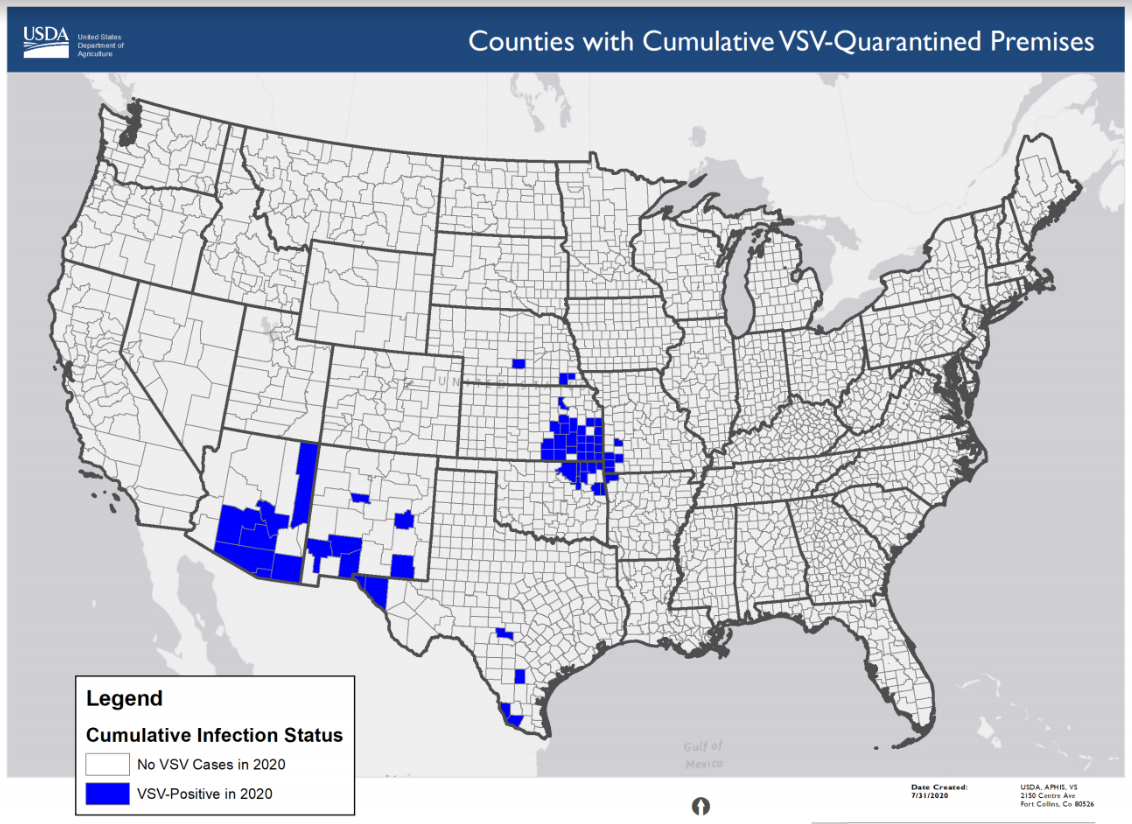11 Sep CDC: Minks, ferrets highly susceptible to SARS-CoV-2 infections
Mink farms continue to be a hot spot for SARS-CoV-2 infections, according to an update shared with veterinary organizations by the CDC COVID-19 One Health Working Group on September 8. The CDC shared updates on domestic and global animal cases of SARS-CoV-2. Based on current research and testing, minks and ferrets are highly susceptible to SARS-CoV-2 infections, with mink farms continuing to be virus hot spots. Sixty-five mink farms in four countries have tested positive for SARS-CoV-2 infections including the Netherlands, Denmark, Spain, and the United States. Other animals that appear to...








